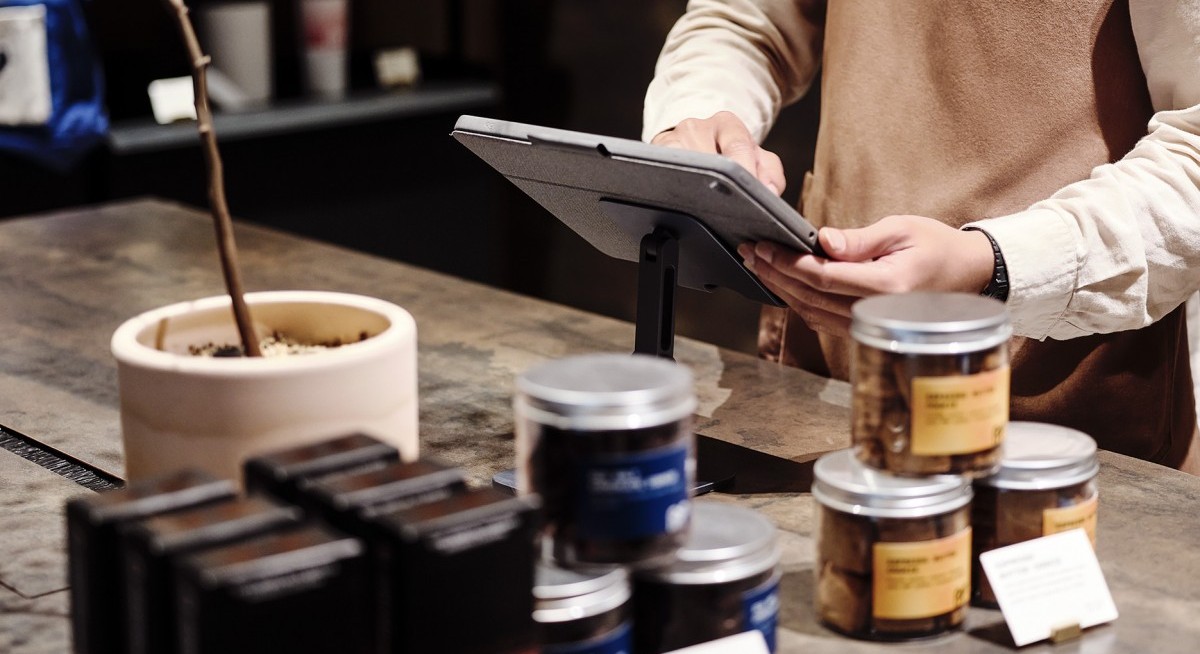The new feature, AtlasPay, is built on Adyen for Platforms and aims to help restaurants better respond to operational demands.
It can support a variety of payment methods and provide a smoother and more reliable checkout experience. It also simplifies backend processes, such as reconciliation, reporting, and terminal management.
F&B brands planning to expand can also benefit from faster terminal deployment. With Adyen’s single platform, Atlas customers can remotely manage three to four times more terminals without needing on-site technicians.
So far, F&B brands using AtlasPay have seen a 12% increase in direct sales, an 80% reduction in human errors, and an average of 10% in manpower savings.
Leon Foo, founder and chairman of PPP Coffee, shares that before adopting AtlasPay, his service staff were often overwhelmed by the number of disconnected systems they had to manage — from online and QR ordering platforms to third-party delivery service terminals, especially during peak periods. "There was so much to do for report consolidation and we also saw errors during reconciliation," he adds.
See also: Maybank tests Ringgit tokenised deposits for cross-border payment pilot
These operational pain points align with the findings of a recent YouGov survey commissioned by Adyen. The survey found that small and medium-sized businesses (SMBs) spend an average of six hours per week on accounting, and 75% reported that reconciling payments remains a key pain point. Additionally, 49% of respondents rely on multiple SaaS tools, which adds complexity to operations rather than simplifying them.
“That’s why weʼve collaborated with Adyen to build a platform to support our merchantsʼ core needs – from integrating technology to ease the load on smaller teams, to payment methods and compliance – so that they can focus on what matters most: running their business," says Atlas’s Yong.
Ben Wong, general manager for Southeast Asia and Hong Kong at Adyen, echoes that view, emphasising the importance of the payments experience. “Most of the time, F&B brands don't think about their final touch point, which is payments. Payments can make or break the customer journey.”
Even the smallest delays at checkout can affect how a customer perceives a business, which is why many merchants are focused on creating frictionless checkouts, he adds.
However, he highlights that efficiency must be balanced with trust and security. "While some consumers are comfortable scanning QR codes, others hesitate to enter credit card information online [due to security concerns or the hassle of doing so]. In those cases, enabling familiar options like Apple Pay or Google Pay becomes critical,” he says.




